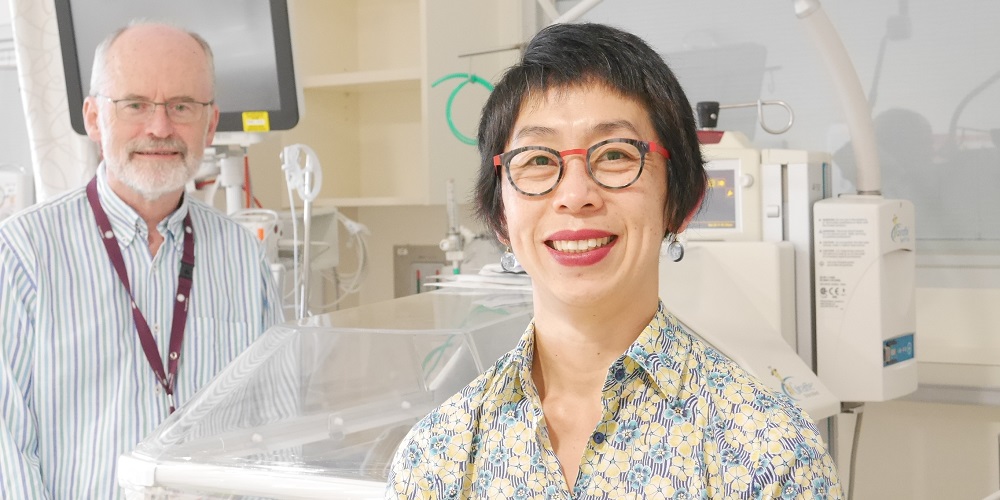
Moderate-to-late premature babies face much higher rates of developmental and behavioural delays than previously thought, an Australian-first longitudinal study by the Royal Women’s Hospital has found.
Published in the Journal of the American Medical Association - Pediatrics (JAMA) today, the La Prem study is the first time Australian researchers have investigated the long-term health and development of premature babies born between 32 and 36 weeks. Clinicians assessed the babies while in the hospital and followed them up at two years of age, and together with a psychologist assessed the children’s health, cognitive and behavioural development.
Researchers found that compared with full term (37 weeks-plus) healthy babies, babies born moderately-to-late preterm were:
- three times more likely to have delays in their language and motor skills development
- twice as likely to have delays in cognitive development such as ability to perform tasks and follow directions
- more likely to have difficulty coping in different social settings
Associate Professor Jeanie Cheong, who led the research, said the findings were important as traditionally it had been thought that moderate-to-late premature babies did not experience significant long-term problems associated with premature birth.
“While not all moderate-to-late preterm babies experience problems, with 21,000 children born between 32 and 36 weeks in Australia each year, even a small percentage of affected children will have significant implications for both healthcare and educational providers,” Assoc. Prof. Cheong said.
“This research can assist parents in understanding why their child may be facing some additional challenges. But it is key that we undertake further research to understand whether these delays persist into school age and what early assistance can be provided to allow these premature babies to catch up to their peers.”
Assoc. Prof. Cheong said the research highlighted the importance of obstetricians working with women to delay delivery, where possible, until past 37 weeks.
“While it is not always possible to delay birth, it should be a factor in deciding the risks versus benefits for mother and baby health,” she said.
She said most research to date had focussed on very preterm babies born before 32 weeks gestation.
“We previously thought it was just those very early babies that had long-term problems but this, and a growing body of international research, helps us understand the longer term development and behavioural challenges that are experienced at much higher rates in the moderate-to-late premature babies as well.”
Assoc. Prof. Cheong and her team followed 200 premature babies born between 32 and 36 weeks, taking brain MRI scans on their full term date and following up at age two to assess their physical health and cognitive and behavioural development.
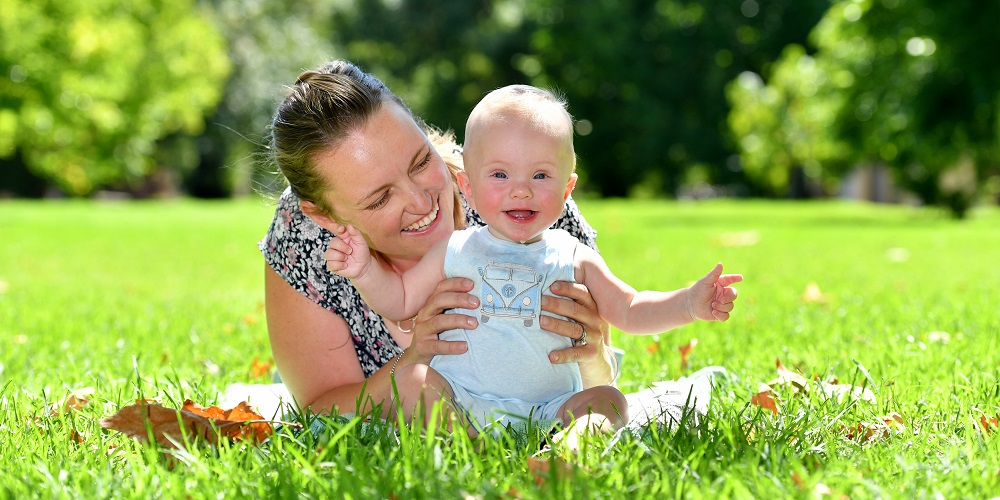
First time mother Sophie Logie gave birth to baby Elliot at the Women's at 32 weeks' gestation. Elliot is now eight months old. Like all mums, Sophie is comparing his development to other babies the same age and he seems to be on target.
"This research doesn’t mean that all premature babies will have delays. But if Elliot does, it means that we can get interventions early. It is a good thing in my mind to know potentially what lies ahead.”
Working in partnership with the Murdoch Childrens Research Institute, Assoc. Prof. Cheong’s team found that brain MRI scans taken of premature babies, at what would have been around 40 weeks gestation, showed that brains were smaller on average than those babies born after 37 weeks. View that paper here.
“Smaller brains at birth are associated with poorer cognitive and behavioural development, however we cannot yet predict how an individual child will develop based on those scans,” she said.
Assoc. Prof. Cheong is seeking funding to assess the children in the study at eight years of age to understand whether the development delays persist and what impact their premature birth may have had on their schooling and social development. If you would like to help make this next phase of research possible, please donate to our "newborn intensive care' fund here.
Background
Previous international studies have either been retrospective, relied on parental surveys, had a poor follow up rate or had limited face-to-face clinical assessment. However, all had pointed to development problems. The Women’s study had a 98.5 per cent follow up rate at two years of age and relied on clinical assessment rather than parental surveys which are at risk of parental bias.
This research was funded by the Australian National Health and Medical Research Council and supported by the Royal Children’s Hospital’s Foundation and the Victorian Government’s Operational Infrastructure Support Program.
Find out more about A/Prof Jeanie Cheong's research
Read related content from the Women's
-
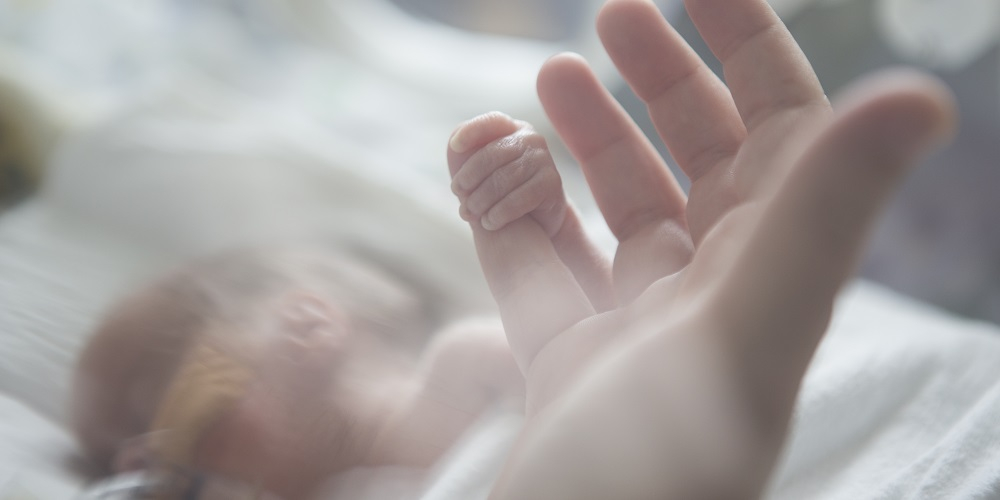 Comprehensive study into long-term side-effects of premature birth
Comprehensive study into long-term side-effects of premature birthThe Women's leading researchers are undertaking the world's most comprehensive long-term study into the side-effects of being born premature
Learn more -
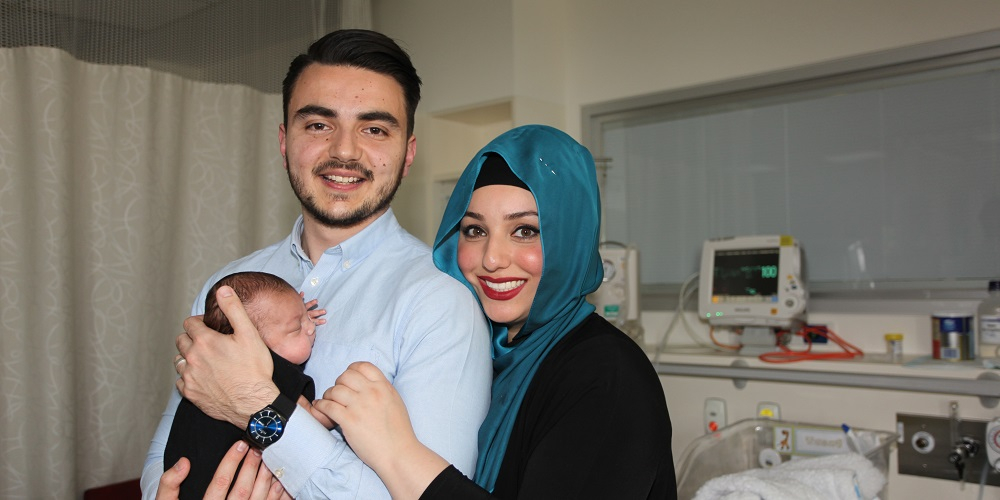 Dads’ Group helps fathers of premature babies cope
Dads’ Group helps fathers of premature babies copeThe Women’s is seeking to provide more support for the “forgotten parent,” dads, with research showing high rates of depression and anxiety.
Learn more -
Expressing breast milk for a premature baby
The first milk you produce after your baby is born is called colostrum. If you need to express milk at this stage it is best done by hand. During the first week, as your breasts feel fuller, you may choose to continue expressing by hand or to use a pump.
Learn more -
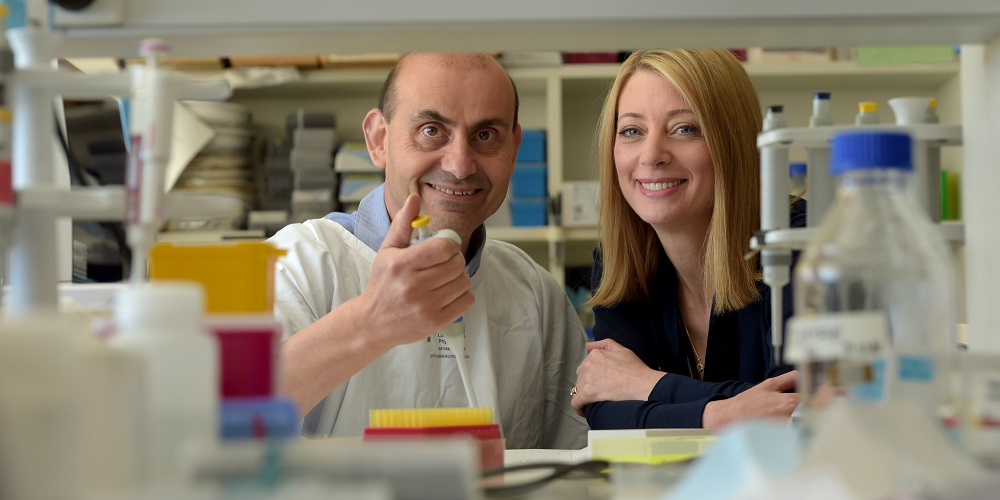 Test could soon predict risk of premature birth
Test could soon predict risk of premature birthA simple bedside test for pregnant women to accurately predict early labour, is under development at the University of Melbourne in partnership with hospitals including the Women's.
Learn more -
 BMJ Editorial: improving outcomes for preterm babies
BMJ Editorial: improving outcomes for preterm babiesOur neonatal experts are the authors of today's BMJ editorial about an observational study that delivers an important message for those caring for the most immature newborn infants
Learn more